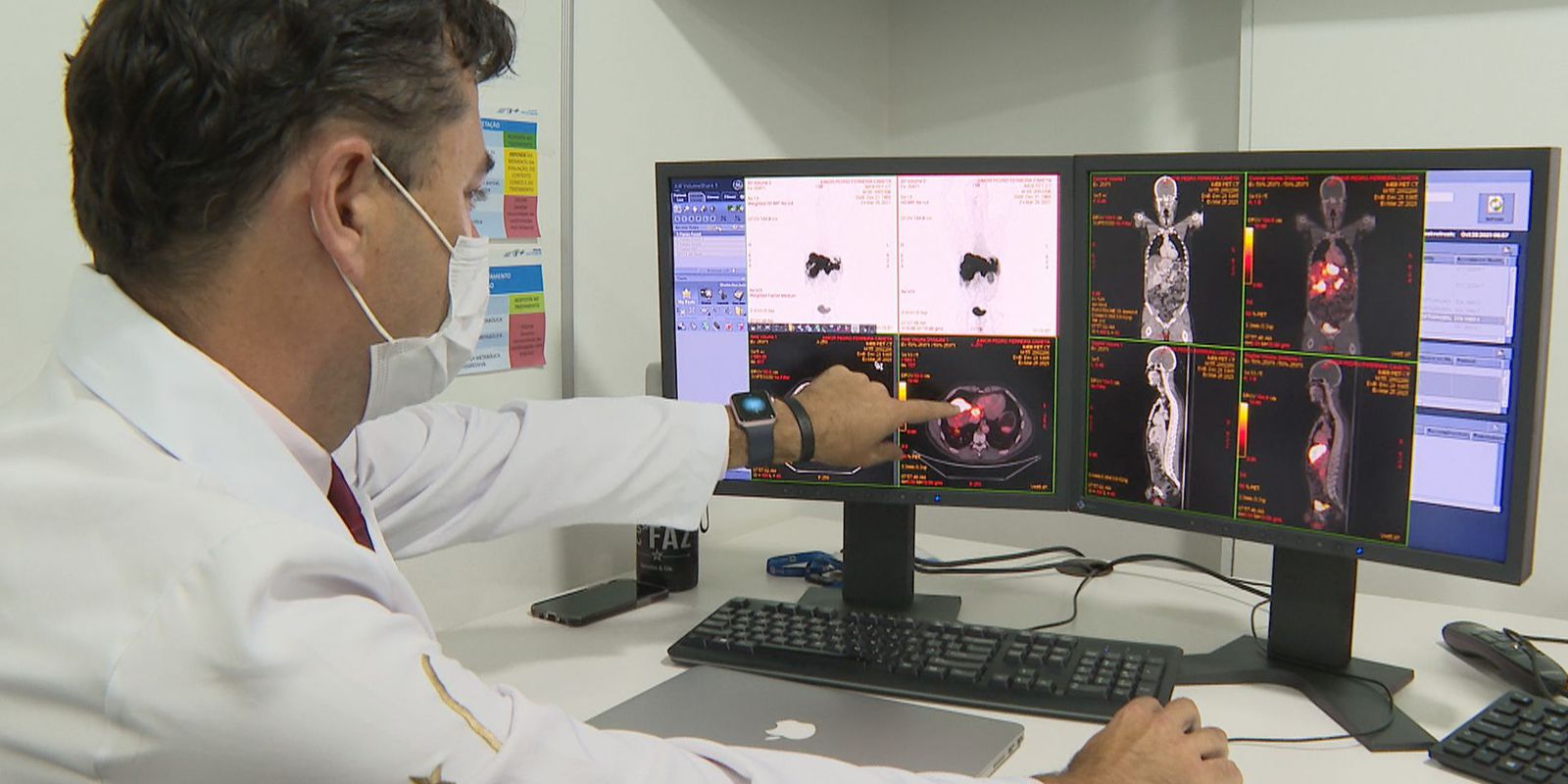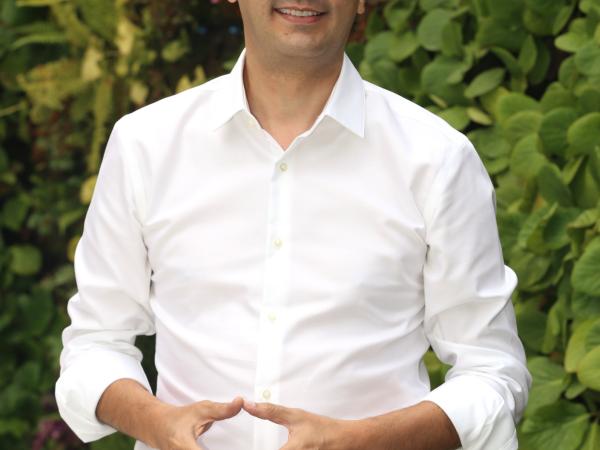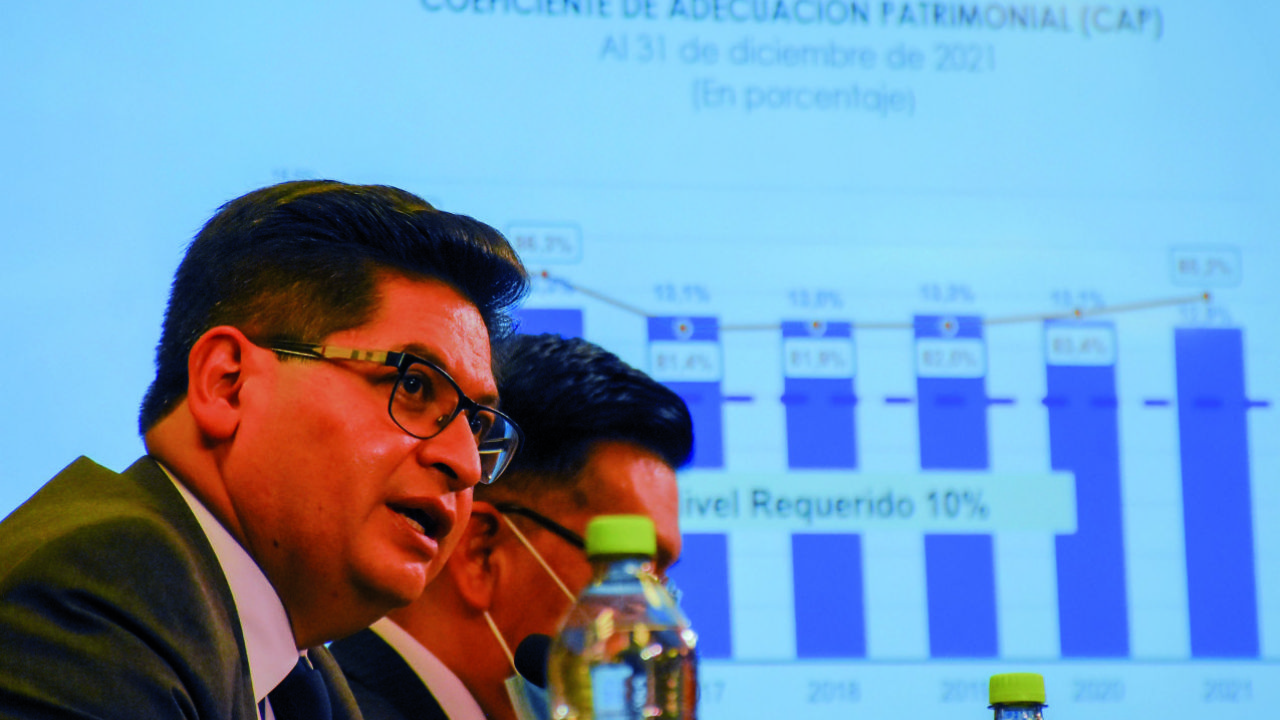“For Fairer Care” is the slogan in Portuguese of the campaign of the International Union against Cancer (UICC) that marks the passage today (4) of World Cancer Day. The campaign will run in the triennium 2022-2024. In Brazil, the José Alencar Gomes da Silva National Cancer Institute (Inca), linked to the Ministry of Health, works on the theme “We are equal and different – the importance of equity in cancer control”.
The campaign theme will be presented by Inca this Friday, with a debate on the importance of equity in cancer control. “Equity is understanding that for these populations, which we consider to be more vulnerable, it is necessary to have measures to facilitate access and treatment. We are all equal, but it is important to have differentiated actions to give these people the same opportunity as those with more access to communication, to the hospital, to the doctor, said Inca Assistance coordinator, Gélcio Mendes. The institute’s work in the UICC campaign will be based on three pillars: justice, equality and equity.
According to Mendes, the work will be divided into annual stages. This year, the proposal is to analyze the situation, evaluating what exists in the Brazilian scenario, whether in terms of communication about prevention measures, access to breast and cervical cancer screening, or in relation to the difficulties of access patient to diagnosis and treatment.
In 2023, based on the information obtained this year, the idea is to work with possible referrals – “what can be done to improve or reduce people’s difficulties in accessing the health system”. executive, said the doctor.
Gélcio Mendes added that, in 2022, interviews and workshops will be carried out with patients, in order to obtain knowledge about the most frequent difficulties. One of the objectives is to distinguish the groups that face more difficulties, even if they are minority. As an example, he cited the elderly group, which represents half of the cancer population.
Prevention
According to Inca, Brazil should register 625,000 new cases of cancer this year. A new estimate will be released in 2023, for the triennium until 2025.
Prevention and early diagnosis are the great opportunities to avoid, at least, reaching the severity of the disease. On the prevention side, the opportunities are many, said Mendes. He recalled that, historically, since the 90’s, Inca has carried out very strong preventive work against different types of cancer, initiated by the fight against smoking.
Healthy eating and physical activity are great cancer prevention tools, he said. This is followed by vaccination against hepatitis B and HPV, which potentially bring about a reduction in liver and cervical cancer. “There are great opportunities to reduce the incidence of the disease”. There is also the strengthening of cancer screening policies, especially preventive, gynecological and mammography exams.
Not smoking and not drinking should also guide people’s behavior, noted Mendes. Not starting to smoke and quitting smoking have a big impact, he admitted. Regarding alcoholic beverages, he said that, if in the past the suggestion was “drink moderately”, today the recommendation is different, because it is understood that the consumption of alcoholic beverages is associated with an increased risk of developing cancer, such as mouth, esophagus, liver. “Not drinking can have a very big impact on society, in the next generations”, said the expert.
types of cancer
Among men, the main types of cancer are prostate, intestine (colon and rectum) and lung cancer. “It’s important to know that cancer of the large intestine has been increasing dramatically over the past decade.” Among women, breast, colon and rectum also prevail. “They are the most frequent tumors”. There are large variations between regions of the country.
Among women in the North and Northeast, cervical cancer becomes much more important than in the South and Southeast. In the North and Northeast, among men and women, the stomach is more relevant. Gélcio Mendes explained that, in relation to the cervix, the issue of less access to preventive exams stands out. “These are tumors associated with difficult access to exams and poverty”.
Stomach cancer, in turn, is associated with worse eating conditions and greater consumption of salty meats, such as sun-dried meat. In the South and Southeast, colon and rectum are associated with development. People start to eat more bread, more meat, less vegetables, and do less physical activity. “All of this contributes to the onset of bowel cancer.”









